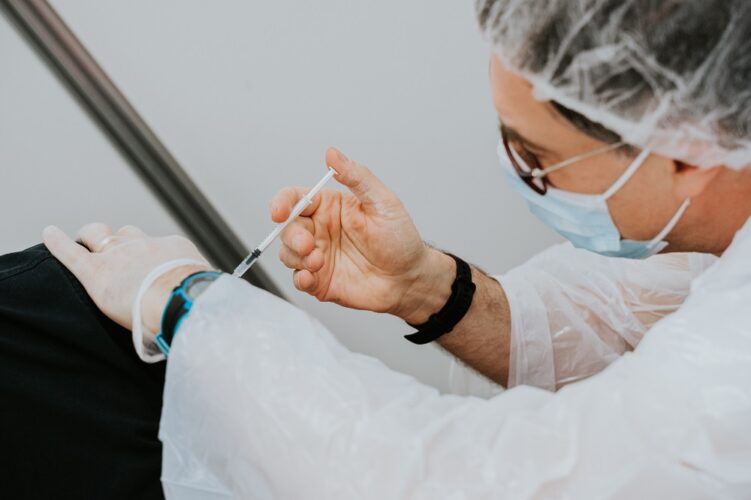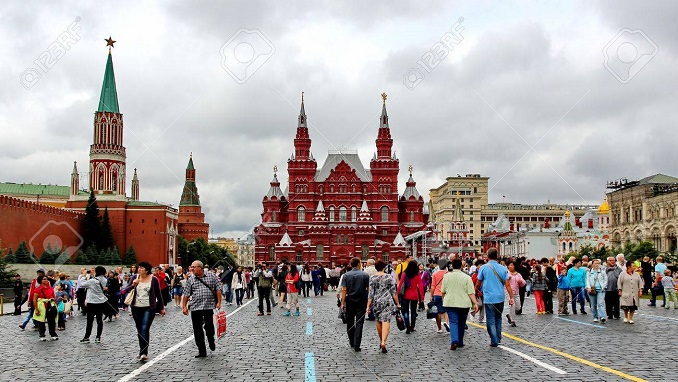Influencers from minority groups and places of worship significantly impact how many people behave in social situations that are relevant to their health, and they were crucial in boosting community engagement during the COVID-19 epidemic. These are the results of in-depth research projects carried out in Georgia with healthcare professionals, senior citizens, and those with underlying medical issues. Using the findings as a guide, the WHO Country Office in Georgia has educated and trained local authorities on COVID-19 immunization and preventative practices.
The WHO Country Office interviewed religious leaders and gathered commonly asked questions in collaboration with local authorities and partner civil society groups (CSOs). They therefore created a specific set of key messages to address vaccination safety worries, dispel myths, and respond to any queries about COVID-19.
“We relied on civil society organizations that had established networks among faith communities to help us engage with religious leaders,” says Dr. Silviu Domente, WHO Representative and Head of WHO Country Office in Georgia.
Eventually, after ongoing discussion, they consented to participate in online communication efforts, attend instructional workshops, and share what they learned at religious events and on social media. One of WHO’s advantages is its capacity to bring many parties together to work toward a shared objective, Dr. Domente explains.
The European Union provided financial support for these community engagement initiatives as part of its ongoing collaboration with WHO/Europe to strengthen immunization programs and ensure the successful rollout of COVID-19 vaccinations in the six Eastern Partnership nations of Armenia, Azerbaijan, Belarus, Georgia, the Republic of Moldova, and Ukraine.



